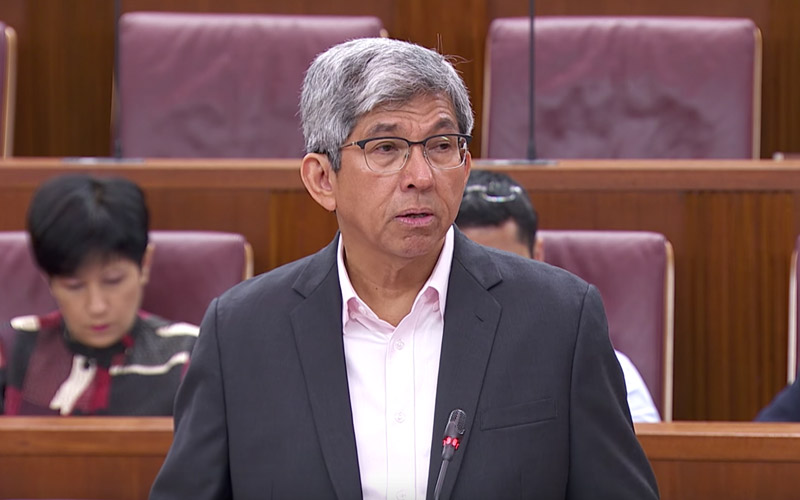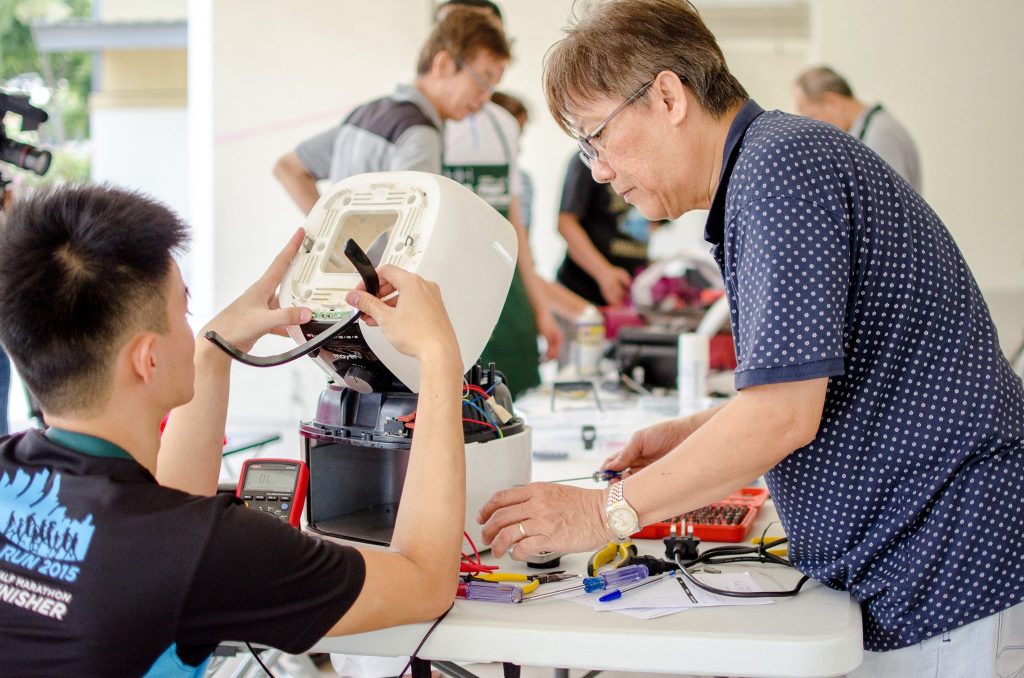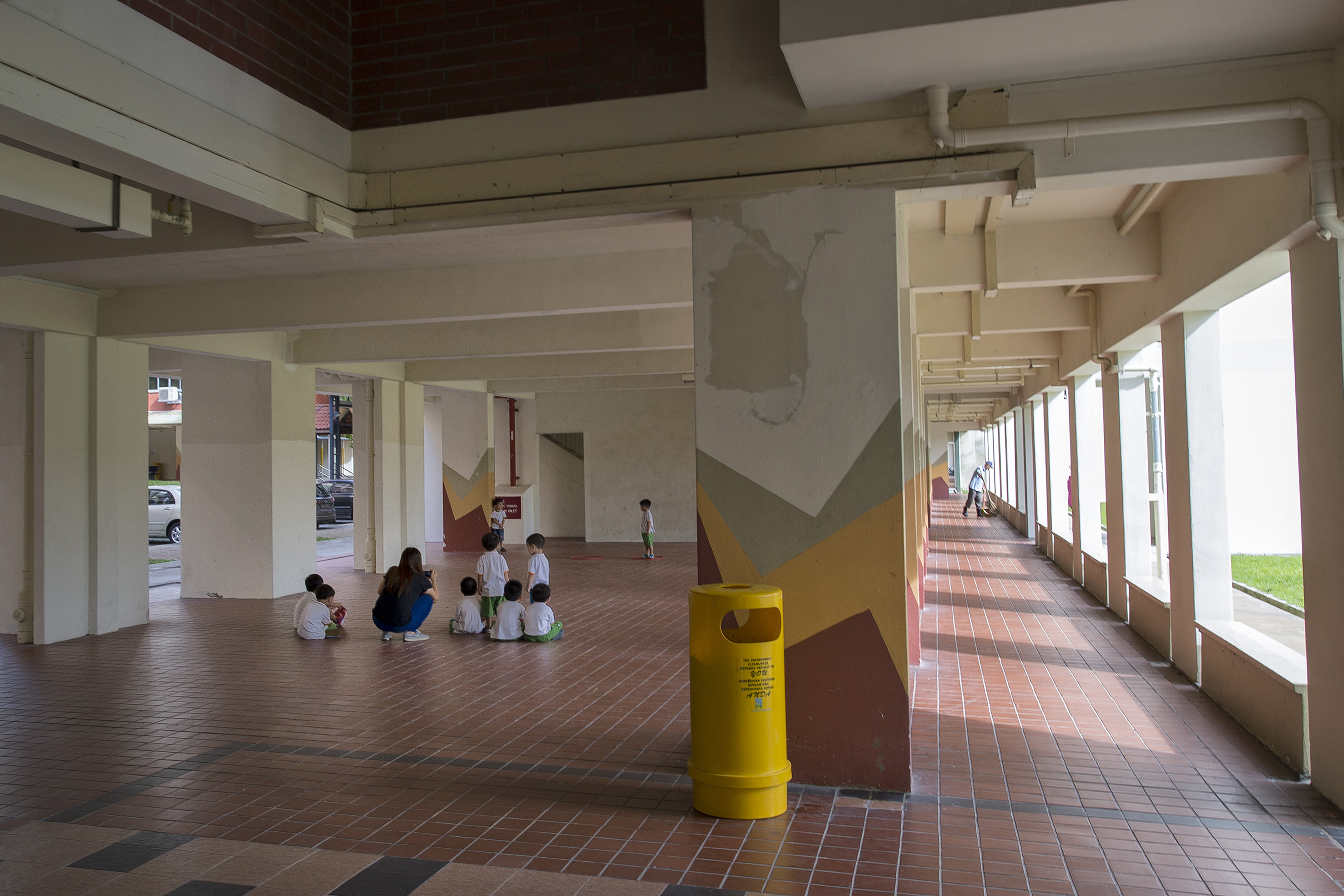Most of us would think of void decks as places to lepak or relax, but what if they could be turned into common work spaces for startups?
This is an idea proposed by former Communications & Information minister Yaacob Ibrahim in his Budget 2019 speech on Wednesday (Feb. 27) when speaking about developing the startup culture here.
Yaacob said he is no stranger to the startup scene in Singapore, and regularly works with Malay/Muslim entrepreneurs as an advisor. Meeting people with such entrepreneurial spirit is very heartening for him, he said, but he wondered if that same spirit is lacking in the heartlands.
 Screenshot via gov.sg YouTube video
Screenshot via gov.sg YouTube video
He then proposed a way to build up the entrepreneurial culture in the heartlands, which is to develop a space most Singaporeans would be familiar with — void decks.
"Many Singaporeans may remember replicating the exploits of Maradona or Ronaldo at the void decks, though they will remember too how at times they incurred the anger of the immediate neighbours staying at the second floor, or of the Town Council officials. Many of you may also recall seeing Malay boys stripping their motor bikes to clean and make minor repairs at the void decks."
Yaacob said he is inspired by Repair Kopitiam, a group of professionals offering free repair services to people who bring broken appliances, clothing or other household items.
 Image from http://repairkopitiam.sg
Image from http://repairkopitiam.sg
Homeowners who attend these repair sessions not only learn how to fix common household items and befriend one another, but also help to reduce waste and "excessive consumption", he explained.
Converting void decks into "maker spaces"
Hence, Yaacob proposed that we convert as many void decks as possible into what he called "Smart Void Decks", in the hopes of creating opportunities for innovation and collaboration.
"I am not suggesting we just wire up the spaces for connectivity purposes only. I am proposing that we convert these spaces into maker spaces for our heartlanders. A comfortable place where anyone can go to tinker and fix things, to create, to meet and discuss new ideas and solutions for the community."
He compared the idea for this with community gardens, which he said have attracted the involvement and participation of residents who "we may not otherwise see in some of our grassroots events". Some, he notes, went on to use the plants they grew in the gardens to raise funds for their residents' welfare committees, while others used them as a springboard to organise healthy cooking classes with the Health Promotion Board.
"So I am hopeful that if we do this right, we can turn our void decks into places of energy, life and creativity. It requires our authorities to move away from an attitude of so strictly regulating these spaces that they have become sterile, void of life.
We want to strike a balance so that some messiness is possible, but in return the neighbourhoods of our heartlands can become the birthplaces of mutual support, practical ingenuity and great ideas."
Top photo by Bryan van der Beek/Bloomberg via Getty Images.
If you like what you read, follow us on Facebook, Instagram, Twitter and Telegram to get the latest updates.
